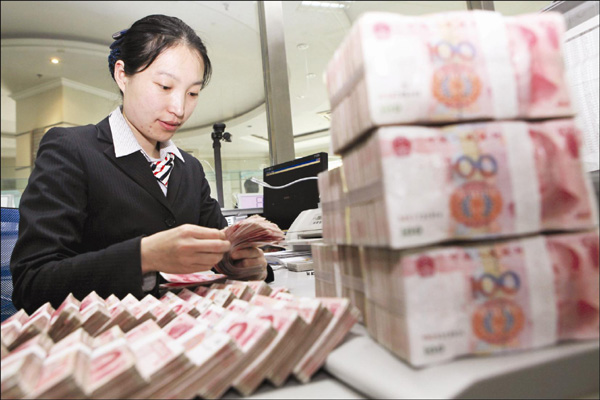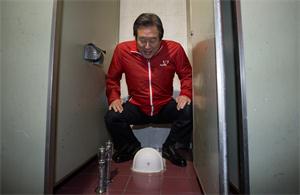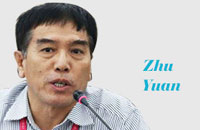'Currency manipulator' an outdated criticism
(China Daily) Updated: 2015-05-29 07:46
 |
|
A teller counts money in a bank in Ganyu county, eastern Jiangsu province. The IMF is expected to declare soon that the currency is now fairly valued. [Photo/China Daily] |
In a technical decision, but one that may have some political reading, the International Monetary Fund said on Tuesday that the Chinese currency is no longer seen as being undervalued.
Previously, the Chinese currency was labeled by the international financial institution as "modestly undervalued"; even earlier, the alleged undervaluation was referred to as a "major factor causing the large imbalances" in the global market and in China.
So the IMF statement is in fact an assessment that things have changed over the last few years.
There was a time when China was advised to hike the value of its currency against the US dollar. And when China didn't follow that advice, primarily out of its own technical considerations, it was subjected to the label of "currency manipulator".
But what China wanted to do was avoid speculation, and despite the ups and downs of all major currencies over recent years, China has taken no action in favor of its exporting companies.
The sole purpose for a country to deliberately keep its exchange rate low is to try to export more.
Yet Chinese leaders haven't, as some critics might have assumed, tried to lead the country to export its way out of its difficulties. Instead, they have told the business community that the time has passed when China could rely on exports as a main driver of national economic growth. China will have to rely primarily on itself for its further growth, through innovation and building its economy into one that is driven primarily by domestic consumer spending.
The IMF assessment on the yuan's valuation is a reflection of the recognition of China's current economic reality.
Such a reality, one may add, disproves the frequent allegations about China's waywardness and readiness to challenge, if not to sabotage, the world's status quo and some other countries' vested interests whenever and wherever possible.
China has been an active team player in the IMF, World Bank, and other international organizations since the late 1970s, when it launched its reform and opening-up policy.
In a country seriously attempting to push for more reform, and more innovation and production of goods of higher qualities, the very rationale for maintaining a low exchange rate simply doesn't stand.
This is also why the IMF's recent statement on the yuan means so much for this nation. China doesn't want to carry the name of "currency manipulator". In fact, it has no interest in being one.











